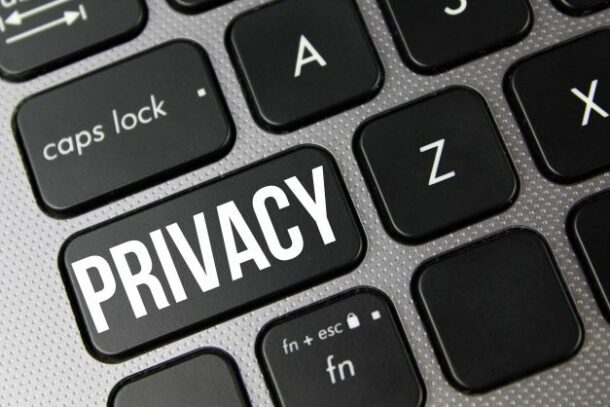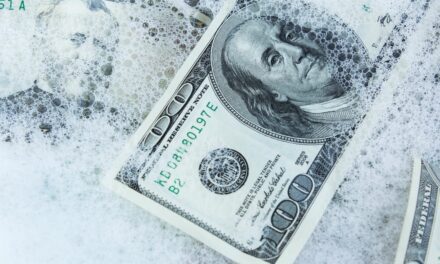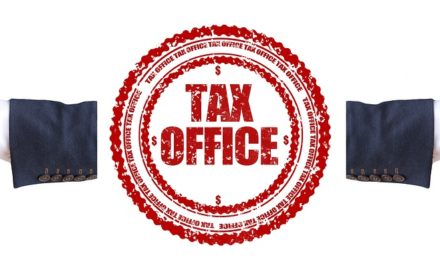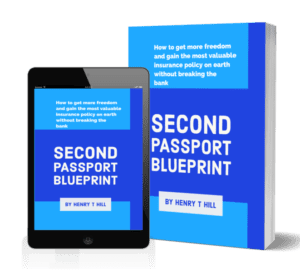How to Keep Your Financial Affairs Private
CRS self certification is the process you go through with your bank to tell them about your tax residence. There are some misconceptions about the Common Reporting Standard (CRS). One common misunderstanding is that it’s based on citizenship. That’s not the case. CRS reporting is based on where you’re a tax resident. That can also be different from countries where you have a legal residence.
Governments worldwide have been chipping away at financial privacy for decades now. The authorities in most countries don’t want us to have any privacy in our financial affairs. Those of us who want to maintain financial privacy have to make ever increasing efforts to make sure our bank accounts remain known only to ourselves and our bankers.
As we’ve reported before, the CRS system introduced by governments worldwide is the brainchild of the tax loving bureaucrats at the OECD. The idea is that wherever in the world you have financial accounts the financial institution is obliged to send the details to the country where you’re a tax resident. This to help governments find anybody with overseas accounts who’d avoiding their taxes. Fortunately the system is full of loopholes. We’ve outlined some of those CRS loopholes here.
There is also some confusion over what data is shared under CRS. Your bank will only share the balance of your account at one date each year. This is normally 31st December. If there is zero in the account on that day that’s what’ll be shared.
They’re also obliged to share any interest income or dividend income received in the account. But this is only from assets that are in the custody of the bank. Income coming from sources outside the bank are not shared. So, if you have income coming from your US brokerage account (the US is a non-CRS jurisdiction) to your Swiss bank account the Swiss bank will not share the income from the US with your home tax authorities.
CRS Self Certification Form
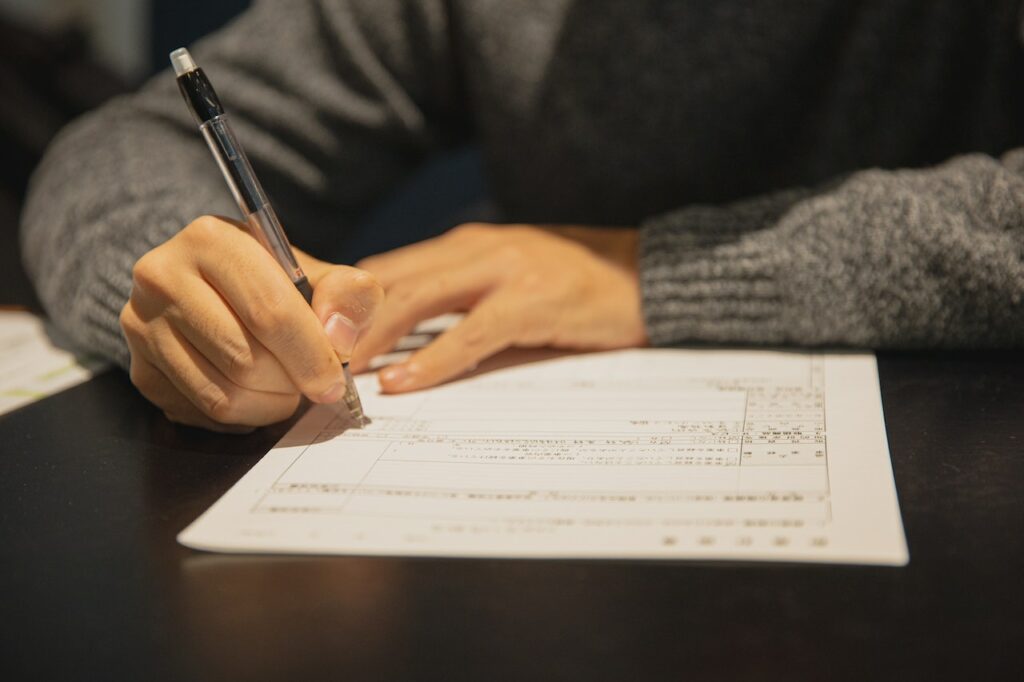

Most banks will ask you to complete a CRS Self Certification form. It’ll ask for details of your residential address and your citizenship. Crucially it’ll ask for your tax ID number for the country where you’re a tax payer.
If you live in a tax haven you can simply explain this to them. A few countries still respect the privacy of their residents and refuse to receive any CRS information on them. But most countries, even tax havens like Monaco, choose to receive information on their residents and send information on financial account holders to other jurisdictions.
The majority of banks will simply accept the information you provide them with no further questions. Banks in some jurisdictions may ask for proof of your taxpayer status in the country you nominate on your CRS self certification form.
How to Use a Different Tax ID for CRS Self Certification
Some folks who object to this Orwellian scheme choose to give the banks a tax ID from a jurisdiction where they don’t spend much time. It’s quite easy to get a tax ID number in many countries. After all most tax authorities are happy to get new ‘customers’!
Therefore it’s possible for a German resident to claim to be a British tax resident or a French resident to claim to be tax resident in New Zealand. If you’re able to supply a tax ID to your banks for a country you’re never going to stay in and have no income or assets in you’re probably not going to mind if your bank sends your account details to that third country.
Conclusion
With a little planning CRS is easy to avoid. CRS self certification needn’t be something to stress over. In fact, done properly, you can use it to your advantage. Anybody looking for strategies to avoid CRS should read Bulletproof Asset Protection. It’s packed full of the latest strategy to make your financial affairs bulletproof and keep them private. It has the latest information on CRS, including the bank secrecy countries.
We also help clients obtain tax IDs from different countries and open accounts in non CRS jurisdictions. Contact us below for more details.
Get in touch with us for personalised help with CRS, asset protection, second residences and citizenship. We help high net worth clients stay private, keep more of what they earn and make them immune from lawsuits and other predators.
Who needs to complete a CRS form?
Everyone who has an account in a CRS reporting jurisdiction will have to complete a CRS self-certification form.
Do self-certification forms expire?
They expire whenever you change tax residence. Banks may ask for them to be updated annually.
